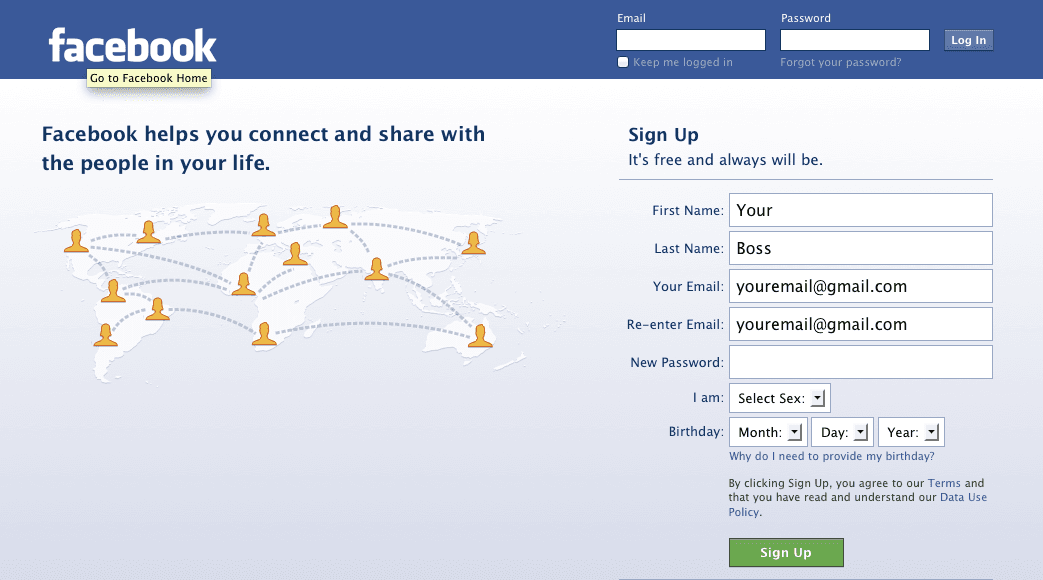Connecticut Senator discusses opposition to employers requesting social passwords
A U.S. Senate is promising action if a federal investigation doesn’t determine that employers who request social network passwords are breaking the law. (Photo from Facebook.)
Senators Richard Blumenthal (D-Conn.) and Charles Schumer (D-N.Y.) want the Department of Justice and U.S. Equal Employment Opportunity Commission to investigate whether requesting prospective employees’ social network passwords violates current federal law.
The practice, which has generated considerable media attention in recent days, has drawn a fiercely negative reaction.
Blumenthal said it’s a question of privacy — and sets a precedent in times when people are struggling to find work.
“There’s nothing voluntary about this request for passwords or login information,” he said. “We may need to update our laws to explicitly prohibit intrusions into privacy — much as we would if someone asked for the keys to your home and started rummaging through files and drawers and medicine cabinets and diaries and other possessions,” he said.
Blumenthal said there’s as much a need to protect invasion of people’s privacy online as in their own home.
One job coach, though, said that impressions on social media more often lead to jobs, than take an opportunity away. Blumenthal said that anything people post publicly should be viewed as fair game — but this practice goes a step further and asks for the ability to rummage through private messages, photos and information that may have been meant for a limited audience.
“A lot of young people think of their communications online as completely private when in fact it may be in a public forum,” he said. “But, what is in a limited profile, what is safeguarded by people … really is tremendously important.”
Blumenthal said that when an employer gets that information, it’s compromised forever. At sometimes that may mean that people’s identity could be stolen, if a large company has a breach in its security — certainly something that’s not unheard of. Facebook has already said this sort of practice is contrary to its terms of service.
“Finally, there’s a real threat of discrimination based on characteristics like gender, race, religion, if an employer is rummaging through private — and that’s the keyword, private — files that are online,” he said. “People deserve privacy.”
If the federal government determines that employers are free to request or demand social logins, Blumenthal said he will move to enact a law that makes it illegal. But he can envision exceptions, such as people looking to work in law enforcement, or in national security, or in a “secure or classified program,” Blumenthal said, “that person has to really expect a different level of investigation into his or her background.”
It’s a national problem, he said, and not something that should be addressed state by state.
“My hope is it will be something that’s completely bipartisan. There’s nothing partisan about privacy,” he said. “In this economy, very few people are going to just get up and walk out of an interview. It’s inherently coercive when a prospective employer asks a job applicant for the password.”
And, Blumenthal said, Facebook’s terms of service prohibiting the practice, are not enforceable by the individual or the government. It would be up to Facebook to take action to stop someone from using the site in contradiction to its terms of service.
“The terms of service really don’t provide the sort of protection I think are needed,” he said, though he praised Facebook for its early and clear statement rejecting this practice.
